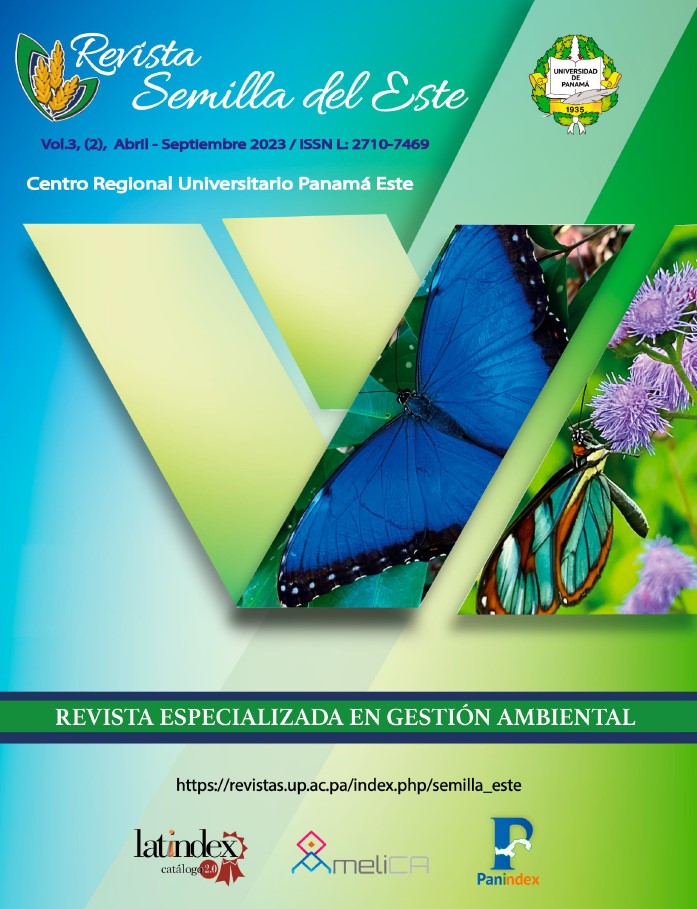


This work is licensed under a Creative Commons Attribution-NonCommercial-ShareAlike 4.0 International License.
For sustainable rural and forest development, a community participation and development program is required, with an innovative and holistic approach, involving the population, its impact on ecosystems and, in particular, its link with natural resources exploitation. The accumulation of negative impacts, translated into the affectation of large forest areas and wildlife, gradual and unstoppable loss of soil quality and water sources; as a whole, from the natural ecosystem of tropical forests, they generate an increase in rural poverty, with slums in the capital city, resulting from the migratory phenomenon from the countryside to the city, which struggle for a livelihood in conditions of subsistence and growing marginality, giving step to multiple problems of social order with negative impacts for society. Since the middle of the last century, in Panama more than 42% of the forest cover has been lost, as a consequence of a disorderly exploitation of the forest due to indiscriminate felling, extensive cattle ranching, soil loss, etc.; due to the lack of proper planning against colonization, among other factors. In the legal field, the Agrarian Code, enacted by Law No. 37 of July 21, 1962, led to an erratic interpretation of it, impacting the inappropriate use of forest resources. In this analysis, some proposals are made, suggesting participatory alternatives, tending to a gradual mitigation of the problem itself and of rural poverty.